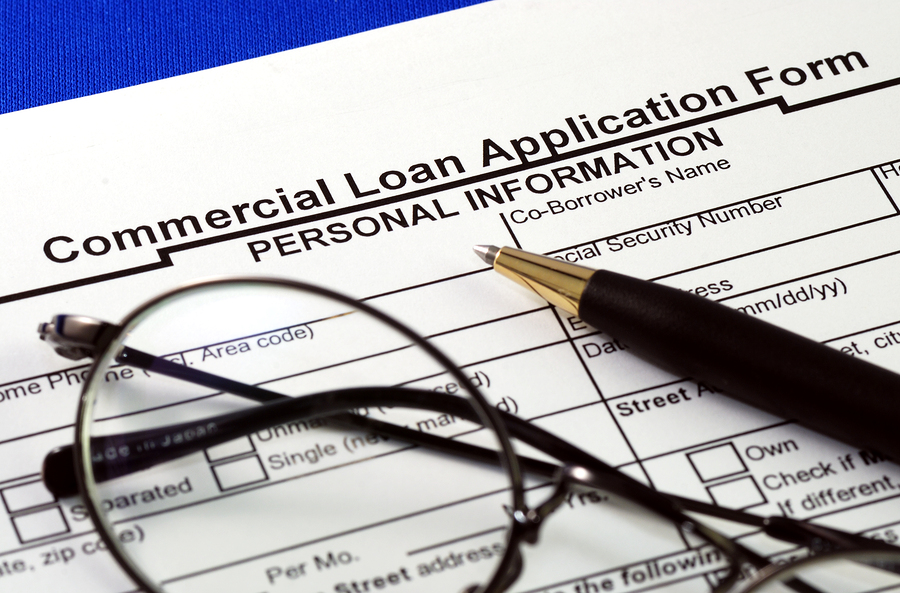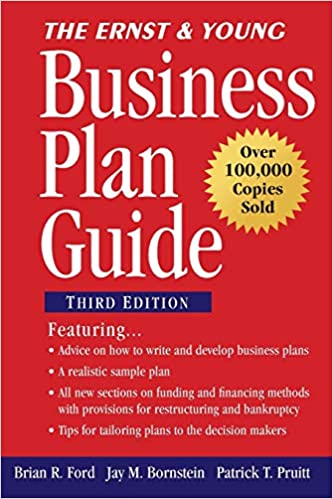The Loan Process
Many people have been through the home loan process, perhaps several times. However, when you’re looking for a commercial loan, the process is quite different. It’s super important that you know the steps of the process so you can be prepared and successfully qualify for a business loan that meets your needs.
We’ll help you all along the way. Here are the five main steps you’ll want to become familiar with before applying.

Step 1: Identify the Property You Want and Sign A Contract
Your first task is to find the right property for your project and execute a Purchase & Sale Agreement. The market you choose is the most significant variable influencing the success or failure of your investment – and ultimately your business. I’m sure you’ve heard it said that there are three factors in choosing the right property: location, location, and location. While you cannot control the overall growth of the market in your geographic area, you can control the property you choose.
To set yourself up for success, make sure to do your market research and due diligence beforehand. You’ll want to study lease and vacancy rates in the area, property tax codes, crime rates, and any other factors that might influence current and future growth – both for the property itself, as well as the surrounding area.
Once you find the perfect property, you’ll need to enter into negotiation with the seller and reach an agreement on the terms of sale. You’ll want to include a contingency clause in the contract to protect yourself if you don’t qualify for financing, or if for some reason the property doesn’t provide enough collateral for your commercial business loan.
Step 2: Prepare Your Financial Package
For New Commercial Construction
Construction loans require a much more extensive and complicated underwriting, and therefore have a much longer list of document criteria. In addition to much of the information required for existing properties, this documentation includes executive summaries, drawn/potential permits, regulatory letters, marketing plans, and more.

For Existing Properties
Every commercial lender will have different underwriting requirements for their loan programs, which is driven by risk level, loan amount, property type, and other factors that can change the list of items they will request. For both purchase and refinance requests, they will ask for property-related information like the address, date of construction, operating statements, rent rolls, as well as a slew of documentation on the borrower and desired loan terms. For refinances, most lenders will also ask for the name of the current lender and payoff amount for the loan (including any prepayment penalties), property tax returns, and a schedule of capital expenditures for the last several years.
Step 3: Submit Financial Package for a Quote
Through our network, we offer hundreds of lending products nationwide, representing banks, insurance companies, private lenders, securitized lenders, and other financial institutions. We save you time and money by underwriting your property and searching our database for the most aggressive and up-to-date rates and terms for your specific property. Reduced rates and fees are available to our borrowers because of our pre-negotiated terms and volume-based discounts that would not otherwise be available to borrowers directly.
Once you have assembled your loan package, it’s time to find a commercial real estate loan product that matches your investment criteria. When you work with us, it’s easy to learn about which commercial loan products meet your specific needs and review current interest rates with you. Because each transaction is priced on a case-by-case basis, the financial package would need to be submitted in order to get specific quotes on the products that most closely match the borrower’s requirements.
Because Lenders have different rates, terms, lending criteria, and loan specials which can change on a monthly or even daily basis, one of the easiest and most advantageous paths is to work with us to help navigate the hundreds of loan products that are available and negotiate the best possible rates and terms, saving you substantial time and money, and all for no up-front fees. We make applying for a quote on your commercial loan easy through our streamlined application process.
Step 4: Choose a Loan Product

Every borrower’s needs and goals are unique, and the commercial loan options should reflect that. Some investors are in it for the long haul, while some are value-add for a shorter term flip. While everyone focuses heavily on interest rates, there are many other variables involved in choosing the right loan including amount, term, recourse, and prepayment penalty structure.
The financial product an investor chooses should align directly with their criteria, so we spend time with the sponsors up front to understand the investment strategy for their property and portfolio in order to narrow in on the most relevant products. In fact, most borrowers will receive multiple loan options from different institutions so they can choose the best product for their needs. Remember that obtaining a loan is a significant investment of time and capital and we want you to be confident that the product you choose is right for your situation.
Step 5: Due Diligence & Closing
Before the Lender can close the loan, pre-closing due diligence must take place. There will be three primary categories of due diligence – legal, financial, and third-party reports. Legal includes the review of organizational documents, tenant leases, and estoppel certificates, among other items. Common financial diligence documents include historical operating statements, rent rolls, capital expenditure schedules, and purchase and sale agreements. Finally, third-party reports are performed by companies unaffiliated with the lender. These include appraisals, credit reports, zoning reports, and more.

A Quick Commercial Loan FAQ
What Paperwork Will I Need To Prepare To Qualify For A Commercial Loan?
The paperwork we require includes:
- Your Schedule of Sources and Uses
- The Loan Amount & Payoff Details
- Requested Terms (i.e. fixed/variable interest rate, term length, amortization, recourse, etc.)
- Personal Financial Statements (including Verification of Liquidity)
- A List of Current Real Estate Owned
- Annual Operating Statements and/or Tax Returns for your Business
- Your Capital Expenditure Schedule
- Your Rent Roll & Leases (if applicable)
How Long Does Getting a Commercial Loan Take?
The type of loan you elect, as well as your lender type, determine when funds will be available to you. Here are some general guidelines:
- For conventional loans – 30 to 60 days.
- Fannie Mae, Freddie Mac, and CMBS loans – 45 to 60 days
- Small Business Administration and USDA loans – 60 to 90 days
- Bridge loans – 60 days or more
- Construction loans – 90 days or more
- FHA loans – 6 to 12 months.
How Much Money Will I Need for a Down Payment?
Once again, the amount of your down payment depends on the amount and type of loan. Usually, the down payment is between 10 to 35 percent of the total loan amount.?
How Do I Create A Business Plan?

In our opinion, the best resource to help you know what to put in your business plan is Ernst & Young’s Business Plan Guide. By following these guidelines, you can’t go wrong. If you need someone to write a business plan for you, ask us. We work closely and collaborate with many high-quality business writers.
Amazon Link: https://amzn.to/3iWKow7
At 7th Dimension 21, we are here to serve your needs. During our initial loan consultation with you, we’ll explain our loan process in more detail, including the forms you’ll need to complete. We want to help make your dream a reality. Contact us today and let’s talk.


